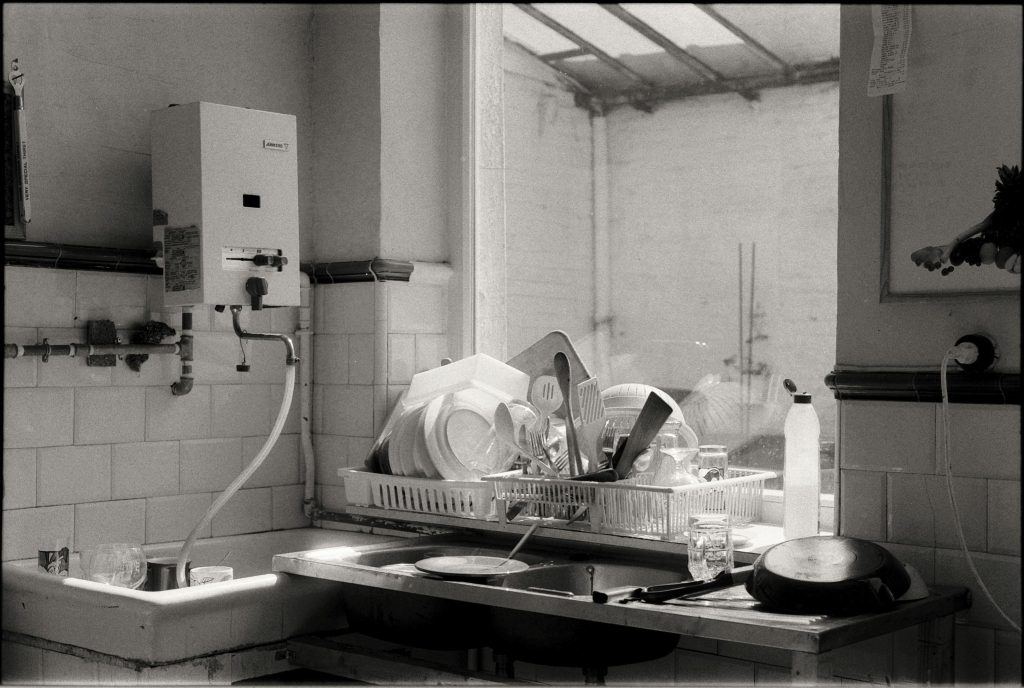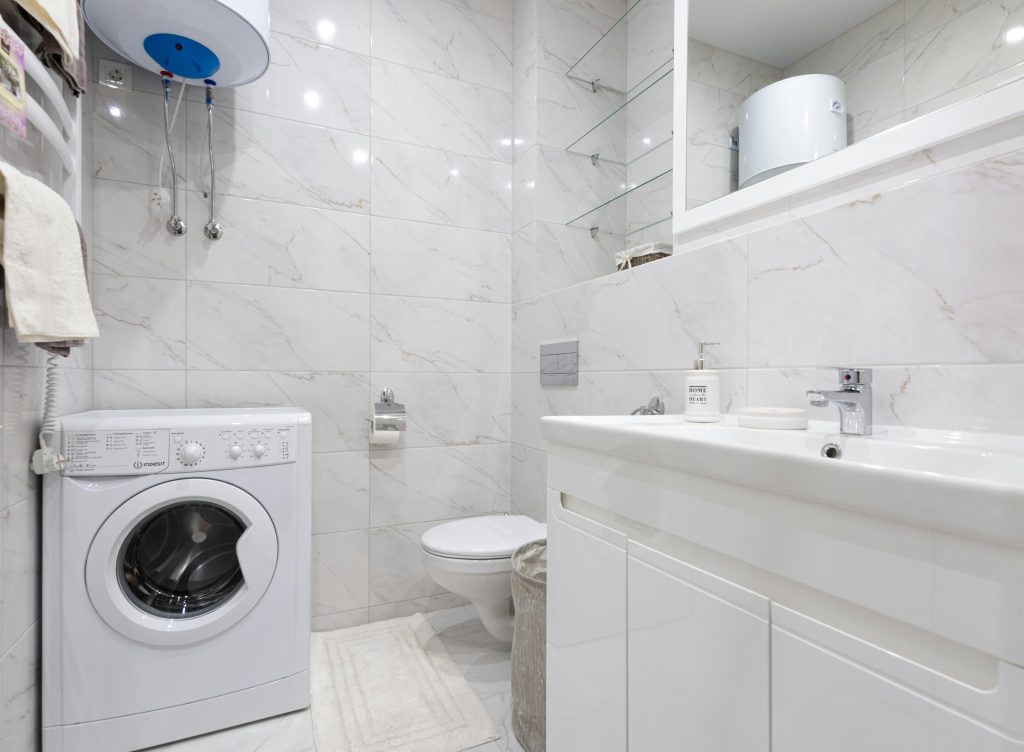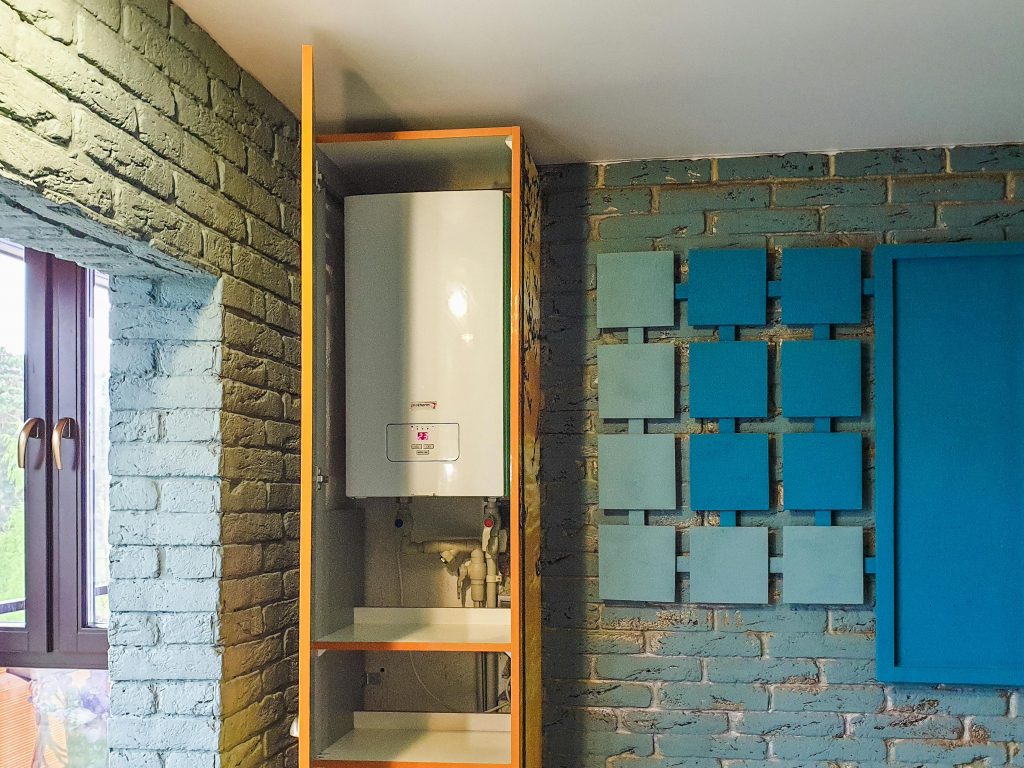A leaking water heater might seem like a small issue at first, but it can quickly lead to bigger problems like water damage, mold, and high energy bills. Whether it’s a few drops or a full-blown puddle, it’s important to act fast. This guide will help you understand the causes of a leaking water heater, how to fix minor problems, and when to call a professional.
We’ll break it all down in simple, clear language that anyone can understand—even if you’ve never worked with plumbing before.
Why Water Heater Leaks Are a Big Deal

When your water heater leaks, it’s not just about water loss. A leak could mean your heater is wearing out or there’s a serious internal problem. Ignoring it can lead to several issues:
- Water Damage: Leaking water can soak into your floors, walls, and nearby items. Over time, this can cause stains, warping, or even structural damage to your home.
- Higher Energy Bills: When your heater leaks, it may use more energy to keep water hot. This extra effort can lead to higher utility costs.
- Mold Growth: Standing water from leaks creates the perfect environment for mold and mildew. This can harm indoor air quality and trigger allergies or asthma.
- System Failure: A small leak can get worse over time. If the tank rusts through or pressure builds too much, your water heater could stop working or burst completely.
Even a small leak should be taken seriously. Let’s go through the possible causes.
Common Causes of a Leaking Water Heater
Understanding where a leak is coming from can help you figure out whether it’s a quick DIY fix or something that needs professional repair. Below are the most common reasons your water heater might be leaking:
1. Leaking from the Top
Leaks at the top of the water heater are usually easier to fix and often involve connections or valves:
- Cold or hot water inlet/outlet pipes: These are the pipes where water enters and exits your heater. If they’re loose or corroded, water can drip down the side of the tank.
- Temperature and Pressure (T&P) relief valve: This valve prevents dangerous pressure buildup. It may leak if there’s too much pressure or if the valve is faulty and needs replacing.
- Anode rod port: The anode rod protects the tank from rust. If the port is not tightly sealed, it can leak from the top.
2. Leaking from the Bottom
Leaks near the base of your heater often signal more serious problems:
- Drain valve: Located at the bottom of the tank, this valve is used for maintenance and flushing. If it’s loose or cracked, it can leak continuously.
- Internal tank leak: If the inside of your tank is cracked or rusted through, water may seep out. This usually means the tank has reached the end of its life.
- Condensation: Not every puddle is a leak. In cool or humid areas, moisture can form on the outside of the tank. Wipe it off and wait to see if it comes back.
3. Tank Corrosion or Rust
Water heaters naturally corrode over time. The anode rod delays this process, but once it’s worn out, rust can eat through the metal tank. Unfortunately, a rusted tank can’t be repaired and will need replacement.
4. Excess Pressure Inside the Tank
When water heats up, it expands, creating pressure. If the pressure gets too high, the T&P valve opens to release it. If this happens often, it may point to a thermostat problem or other issue causing overheating.
How to Find the Leak Source

Before you can fix a leaking water heater, you need to find out exactly where the leak is coming from. Even a small drip can turn into a bigger problem if left unchecked. Follow these simple steps to safely locate the source of the leak:
1. Turn Off the Power
Safety comes first.
- Electric water heater: Go to your breaker panel and switch off the circuit breaker that powers your heater.
- Gas water heater: Turn the thermostat to “pilot” mode or shut off the gas supply entirely. This will keep the burner from igniting while you work.
2. Shut Off the Water Supply
Locate the cold water shut-off valve on top of the water heater. Turn it clockwise until it stops. This prevents more water from entering the tank and leaking out.
3. Dry the Tank
Use a clean towel or cloth to thoroughly dry the exterior of the tank. Removing all moisture helps you clearly identify fresh leaks.
4. Inspect Key Areas
Check the pipe connections, valves, and the tank body itself. Look closely for signs of dripping water, rust spots, or moisture buildup around fittings and joints.
5. Use a Towel Test
Place a dry towel or paper towel at the base of the water heater. Leave it there for a few hours. When you return, check if it’s wet—this helps confirm if the leak is from the bottom of the unit or just surface condensation.
By carefully inspecting your water heater, you’ll be better prepared to either fix the issue yourself or explain the problem when calling a professional.
DIY Fixes for Minor Water Heater Leaks
Some water heater leaks are minor and can be fixed at home if you’re comfortable with basic tools and safety steps. Here are a few simple do-it-yourself repairs you can try:
1. Tighten Loose Connections
Water can drip from the top of the tank if the cold water inlet or hot water outlet fittings are loose.
- Use a wrench to gently tighten the fittings where the pipes connect to the tank.
- Avoid overtightening, which could crack the fitting or damage the tank.
- After tightening, dry the area and check again in a few hours to see if the leak stops.
2. Replace the Drain Valve
If the drain valve near the bottom of the tank is leaking, it might be faulty. Replacing it is a simple fix:
- Turn off power and water to the unit.
- Drain the tank completely by attaching a hose to the valve and emptying the water into a safe location.
- Unscrew the old valve with a wrench and install a new drain valve.
- Restore power and water, then check for new leaks.
3. Replace the Temperature & Pressure (T&P) Valve
If the T&P relief valve is dripping and it’s not due to excess pressure or heat, it may be faulty.
- Turn off the heater and drain some water from the tank—just enough to lower the water level below the valve.
- Use a wrench to unscrew the old valve and screw in a new one.
- Before replacing, make sure the valve is truly faulty and not doing its job correctly.
If you’re ever unsure about a repair, or if the leak continues, it’s best to call a licensed plumber to prevent damage or safety risks.
When to Call a Professional
Some water heater problems go beyond basic DIY fixes and require expert help. It’s important to know when to stop and call a licensed plumber to avoid causing more damage or risking your safety. Call a professional if you notice any of the following:
- The tank is leaking from the inside: This usually means the inner lining is cracked or corroded. Unfortunately, internal tank leaks can’t be repaired—replacement is the only safe option.
- There’s rust or corrosion on the tank: Rust on the outside of the tank or brown-colored water coming from your taps can be a sign that the inside is breaking down.
- You suspect a gas leak: If your water heater is gas-powered and you smell gas, hear hissing, or feel dizzy or nauseous, shut off the gas and call a plumber immediately. This is a serious safety hazard.
- The leak continues after tightening connections: If basic steps like tightening fittings or replacing valves don’t stop the leak, a professional inspection is needed.
- You’re not sure what’s causing the problem: Guesswork can lead to bigger issues. A licensed plumber has the tools and knowledge to identify hidden problems.
Professionals can check your system thoroughly, recommend the right fix, and ensure your water heater is safe and running efficiently.
Preventing Water Heater Leaks
You can’t stop wear and tear forever, but regular maintenance helps your water heater last longer and reduces the chance of leaks.
Tips to prevent leaks:
- Flush the tank yearly: This removes sediment buildup that can cause cracks or rust.
- Check the anode rod every 2–3 years: Replace it before it wears out completely.
- Inspect connections and valves regularly: Look for moisture or corrosion.
- Install a drip pan: Place it under the heater to catch leaks and drain water safely.
- Check pressure: Make sure the water pressure isn’t too high.
Should You Repair or Replace a Leaking Water Heater?
Deciding whether to repair or replace your water heater depends on the type of leak and the age of the unit. Small problems like a loose pipe connection can usually be fixed by tightening or sealing the connection. If the drain valve is leaking, replacing the valve is often an easy and effective solution.
When the temperature and pressure (T&P) relief valve is leaking, it’s important to first check if there’s too much pressure in the system. If pressure levels are normal, the valve itself may be faulty and should be replaced.
However, if you notice rust or corrosion on the tank, or if the leak is coming from inside the tank, the heater likely needs to be replaced. Internal tank leaks cannot be repaired and are a sign that the system is wearing out.
Also, consider the age of your water heater. If it’s over 10 years old and starting to leak, replacing it is usually the best option. Newer models are more energy-efficient and come with warranties that offer peace of mind.
When in doubt, it’s always smart to call a licensed plumber. They can inspect the unit and recommend whether repair or replacement is the safest and most cost-effective choice.
Cost of Fixing a Leaking Water Heater
The cost depends on what’s wrong:
- Simple fixes (valves, pipes): $50–$200
- Full tank replacement: $800–$2,000 (depending on size and type)
- Emergency service: May cost more, especially after hours
Some repairs may be covered under warranty if your heater is newer.
Leaking Water Heater in a Rental? What to Do
If you rent your home and notice a leaking water heater:
- Turn off the water and power to prevent further damage.
- Take pictures of the leak or any water damage.
- Contact your landlord or property manager right away.
- Do not attempt major repairs yourself unless allowed in your lease.
Your landlord is usually responsible for repairs, but reporting it quickly helps avoid bigger issues.
Final Thoughts
A leaking water heater might seem like a small nuisance, but it can quickly become a big problem. Knowing how to spot leaks, fix small issues, and when to call a pro can save you time, money, and headaches.
Remember, the sooner you act, the better. Regular maintenance, like flushing the tank and checking valves, can help prevent leaks altogether.

